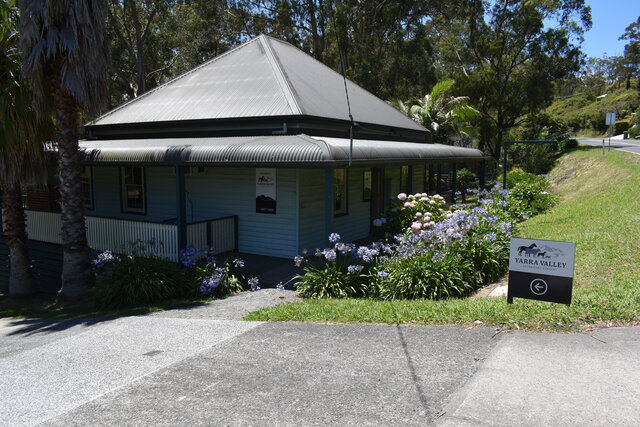A frightening number of pets in the Upper Yarra are presenting to vets in the local area following snake bite incidents.
Between the co-owned Seville Veterinary Clinic and Yarra Valley Veterinary Surgery in Yarra Junction, between one and three snake bite cases have been presenting each week for almost two months and there have been a few fatalities.
Dr Tyler Napper-Martinus is a veterinary surgeon at the Yarra Valley Veterinary Surgery and said they are getting one or two snake bites a week, especially at the Yarra Junction clinic right near the Warburton Trail.
“Some will present in the more acute scenario where clients will come in knowing that their dogs have been with a snake and other times it’s just suspected based on the dogs not doing quite well and then we suspect that a snake bite has occurred, but certainly we’re seeing them very frequently at this time of year,” she said.
“Unfortunately, even despite our best efforts with anti-venom, which is the treatment of choice, some do not survive depending on how much the animal has been envenomated, their prognosis can vary quite widely,”
“Typically the survival rate of an animal which has been given all the treatment is about 70-80 per cent, Cats are a lot higher at about 90 per cent and without treatment, the survival rate is about 30 per cent so it very much increases the chance of pets surviving if we give it the appropriate treatment.”
The best course of action when a pet has been bitten by or is believed to have been bitten by a snake is to head immediately to a vet clinic for an assessment. If the clinic is convinced the pet has been bitten, they will administer anti-venom and potentially Vitamin C in addition to help with inflammation.
Dr Napper-Martinus said they have to have a very high indication of a snake bite, such as clinical signs being displayed, to administer antivenom.
“The anti-venom is $2000, we give two vials and it’s $1000 each so we want to make sure that we’re doing the right thing prior to doing that, clinical signs can be vomiting, collapse and then recovery, excessive drooling, a dazed demeanour about the animal and obviously if it’s been seen with a snake that increases the likelihood dramatically,” she said.
“We get everything ready for catheterisation so we have intravenous access, it depends on how badly the animal has been infected, whether they’re recumbent and sometimes they can present recumbent and collapse and that changes things, but the most typical thing is we get blood and we run coagulation times to see whether or not these are prolonged, in the case of a snake bite, it affects their ability to coagulate their blood, so those will be increased,”
“We also run another test called CK (Creatine kinase) which is a marker of tissue injury, so if that’s really high, that indicates a snake bite and that gives us an indication to give antivenom.”
Snakes are likely to be obscured from view in long grass, under things like tarps, sheet metal, or wood lying about, or they can end up in and under homes.
Dr Napper-Martinus said they highly recommend keeping dogs on leads when walking along local trails.
“Don’t let them go off lead because when they’re running through the bushland that’s when they can potentially step on a snake, we’ve also seen two cases in the last few weeks of animals running through a river and so if they go along that riverbed that’s where snakes can be as well, even later in the day,” she said.
“Keeping your dogs on a lead and trying to avoid really high-density bushland is the way to go.”







